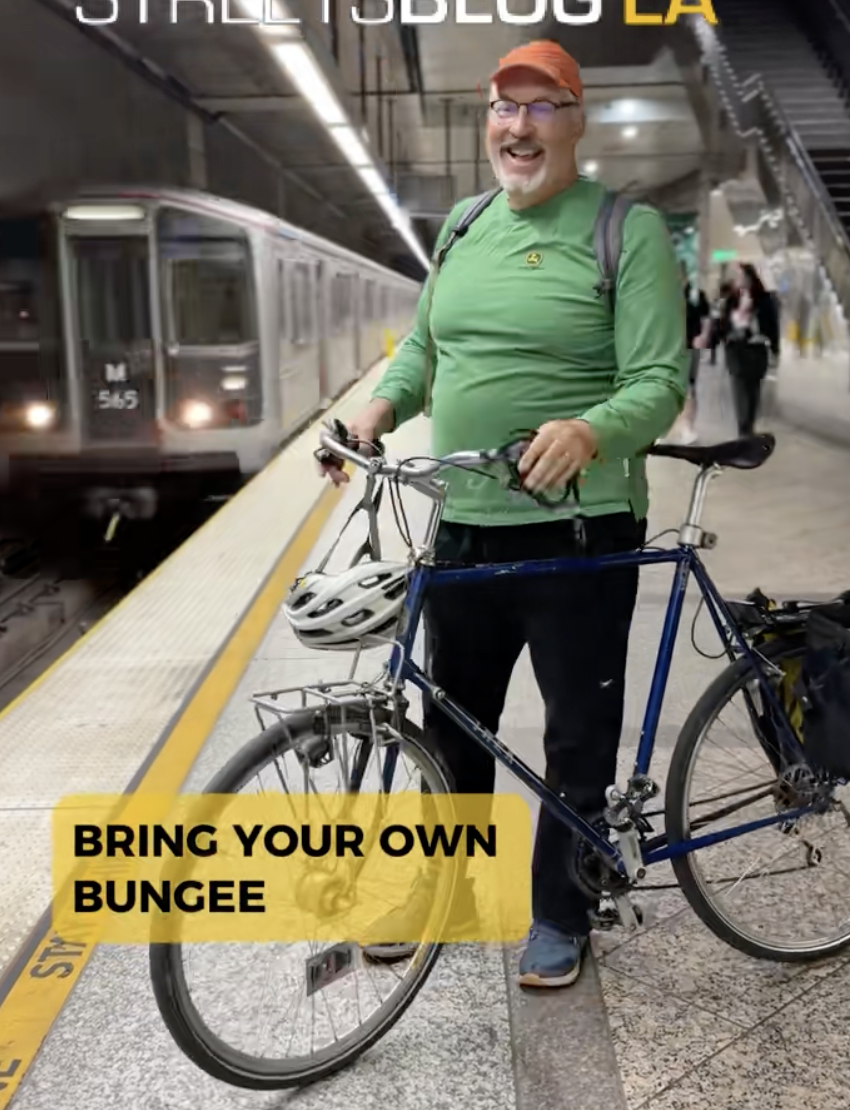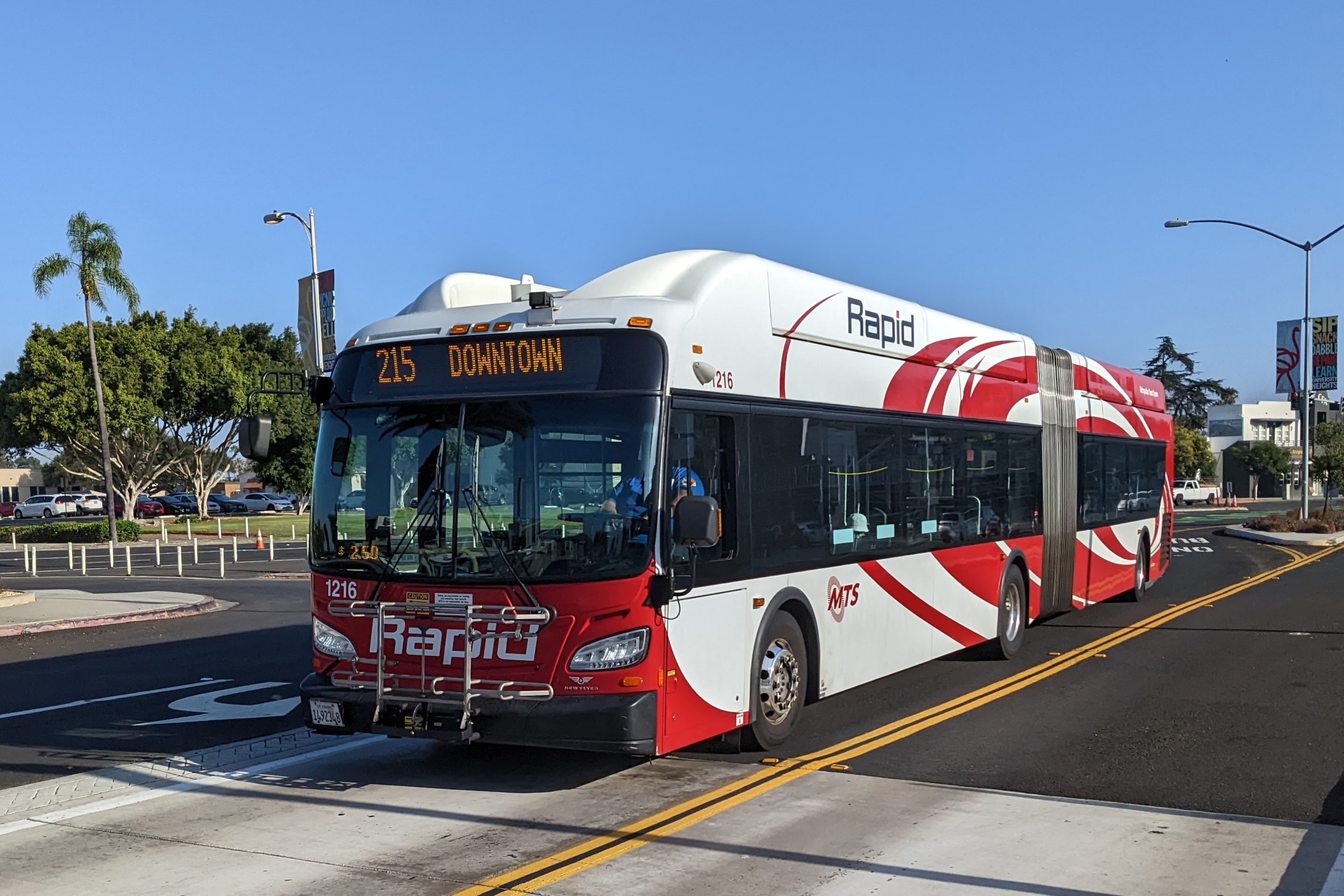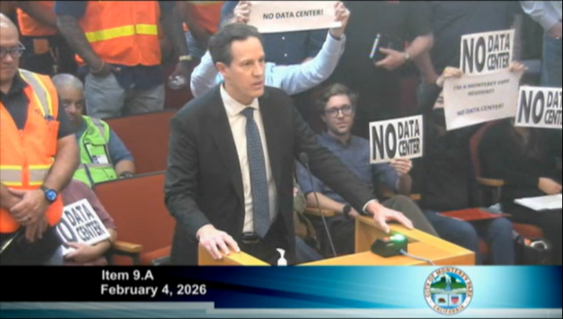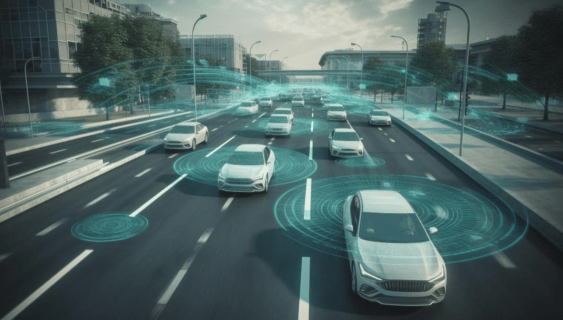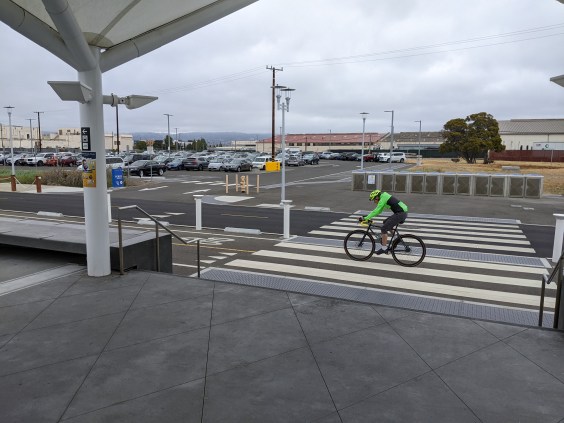Europe is on the brink of putting "Intelligent Speed Assist" technology on all new cars to slow drivers down to local limits — and even some U.S. states are hoping to follow suit. But the minute "speed governors" get mentioned, tempers flare, and it could make the movement to throttle U.S. drivers a challenging fight to win.
Today on The Brake, we asked mobility researcher David Zipper to give us a breakdown of the most common speed-limiting technologies available today, and to share how he responds to six of the most common concerns about them — from the valid to the downright silly.
Listen to our full conversation below, on Apple Podcasts, or anywhere else you get your audio. And for those who don't have time to tune in, we've posted a cheat sheet to some of the most common objections to speed governors below.
1. What if I need to get to the hospital in a hurry — or pass a slow vehicle on a two-lane road?
Outside of high-octane medical soap operas and professional paramedics, most people don't regularly find themselves rushing people to the ER. But bring up a speed governor, and tons of people will claim that they, personally, will need to beat the speed limit to get a pregnant person to the hospital before they deliver a baby. Zipper isn't buying it.
"Well, my first point, I guess, is how often does that happen? And for another, why do we have ambulances?" he said. "But more importantly, [even the Intelligent Speed Assist] systems that I'm familiar with have an override override button which can be used in certain situations for limited periods of time when there is a genuine reason to exceed the speed limit."
Zipper says that handy button would work just as well in the few seconds it might take to safely pass a slow vehicle on a two-lane rural road — though it wouldn't, and shouldn't, allow motorists to flaunt the local maximum for long.
"Now that said, these ISA systems still have a hard limit on how fast the vehicle can go, period," he added. "So that might be set at, say, 90 miles an hour; under no circumstances can you exceed that level. And that, to me, makes a whole lot of sense. We live in a country where the highest speed limit anywhere is 85 miles an hour, and that's just for one particular stretch of highway in Texas; everywhere else is lower than that. So I continue to be baffled about why so many cars can physically go up to 155 miles per hour."
2. What if I need to outrun a dangerous person whose vehicle isn't speed-limited?
According to speed governor opponents, the only thing more common than amateur ambulance drivers are amateur Vin Diesels who would surely lose their lives in a car chase the moment a speed limiter was forced on them. Zipper, though, reminds us that action movies aren't exactly real life — and even when people do exceptionally dangerous things, having slow traffic around can make everyone safer.
"The beauty of a speed limiter is that the benefits for safety actually extend beyond the vehicles that have it installed," he said. "Especially in an urban environment where you have limited road space, one car going the speed limit is going to force all the cars behind it to go the speed limit as well ... I actually think it's fantastic to have a certain group of cars with ISA installed [driving alongside] cars that don't have it."
More to the point, a high-tech speed limiter could someday physically prevent even the most hardened criminals from committing speed-related crimes — which would mean innocent people wouldn't theoretically be forced to drag race for their survival at all.
"All ISAs are doing is keeping you from doing something that's illegal," Zipper added. "I think that's important to keep in mind here; no one is restricting your ability to drive legally. They're just saying you can't drive illegally — in which case you're putting other people's lives at risk, in addition to your own."
3. What about privacy?
A common misconception about intelligent speed limiters is that they'll telegraph their driver's every move to the government, ushering in a terrifying new era of data surveillance that the world has never seen.
The problem with that logic, though, is that cars — and of course, the cell phones U.S. drivers plug directly into those cars — already collect enormous amounts of data about their occupants to monitor the vehicle's safety performance. Thankfully, a lot of that data is nearly impossible to hack — but even if it wasn't, the number on the speed limit sign a motorist happen to be driving by is one of the least sensitive data points that a car is harvesting.
Zipper says even the most privacy-minded countries see no good reason not to use that single data point to save lives.
"I'm not sure they're as concerned about privacy as they are about being able to drive in an unfettered way when they're behind the wheel themselves," he added. "So I guess I would say, look over to Europe, which, as we've already said, has now mandated ISAs by 2024 on all new cars. Europe has much much stricter privacy rules than we do, and they're fine with it."
4. What if the speed limiter fails?
Another common misconception about all types of speed limiters is that they're prone to mechanical failure that can leave their drivers in danger.
As Zipper has pointed out before, though, old-school speed limiters are actually cheap, easy-to-install hardware that sets a limit on the physical capabilities of your engine. And even Intelligent Speed Assist system uses hard-to-trick technology called "geofencing" which signals the car the moment a speed limit has changed, rather than cameras that might struggle to read physical signs, like those other automated vehicle tech relies upon.
"You don't actually need cameras to be able to deduce what the speed limit is when you're driving your car on a given roadway," he added. "The whole idea here is that the mapping system already knows what the prevailing speed limit is where you are, as long as it just knows where you are. And frankly, that's as far as the system's probably gonna have to go."
Even if certain kinds of ISA do, ultimately, have some kinks to work out, Zipper emphasizes that they almost certainly won't make U.S. streets more dangerous than they are right now.
"Let's just be really clear: we have a status quo right now where over 10,000 Americans are dying per year because of speed-related crashes," he said. "So it's not like we're starting from a point where we aren't already facing horrible losses of life and destruction ... Every idea that's put forth about how we can address this problem, whether it's a speed limiter, or whether it's a road diet, you've got somebody dreaming up some scenario where they say, 'Well, what if it makes it unsafe in X,Y, or Z scenario that might come up once in every 30 years?' Frankly, we [just can't afford to] paralyze ourselves with that kind of debate."
5. Don't we need speed-limiting infrastructure more than speed-limiting cars?
Of course, no city actually needs speed limiters on vehicles to slow drivers down, because speed-deterring infrastructure like road diets and speed bumps can do that already. Zipper says, though, that he's not afraid that ISA will distract from the equally important fight to save lives with good city design.
"It's not either-or, at all; I would absolutely love to see the entire country go on a massive binge of road diets and safe street redesigns that can reduce road deaths," he added. "But the reality is, [building safe infrastructure] costs billions and billions of dollars and takes many many years to implement. And the fact that we have a technology right now, in speed limiters, that could save lives tomorrow — to me, there's no reason not to do it."
He also points out that Americans usually don't have the same concerns about adding speed limiters to other types of vehicles, like e-bikes, even if building dedicated lanes for would make streets safer for everyone, too.
"It's truly absurd to me that we already have intelligent speed assistance installed on vehicles like scooters that weigh literally 45 pounds... but almost never on personally owned cars and trucks," he said. "It's not that this technology is somehow unheard of. It's just for some reason, in the United States in particular, we are averse to applying it to the single most dangerous types of vehicles on our roads and streets."
6. But what about our freedom?
Perhaps the most grating argument against speed limiters, though, is that Americans should have the "freedom" to make choices about how they move through their communities — even if, sometimes, those choices directly endanger others.
Needless to say, Zipper does not agree.
"This is a matter of addressing ...behavior that puts at risk the freedom of every American to be able to use a street or a road without somebody else putting their life at risk," he said. "[You remember] those people who were trying to move through Slauson and La Brea a few weeks ago when another driver came barreling through at nearly 100 miles per hour, struck them, and killed six people? It doesn't seem like their freedom was respected to me."

